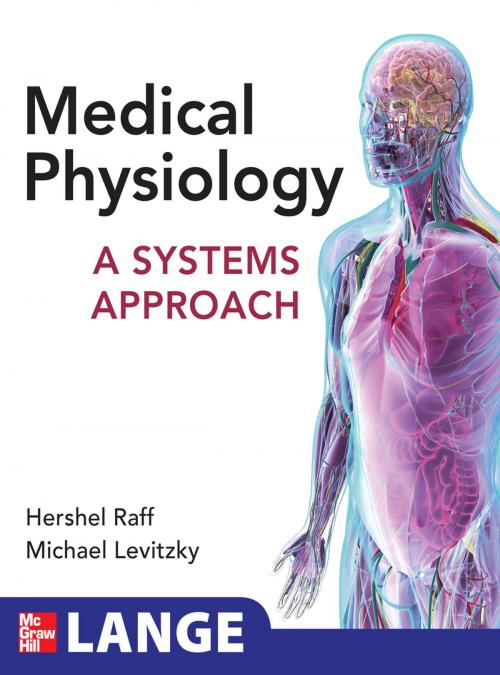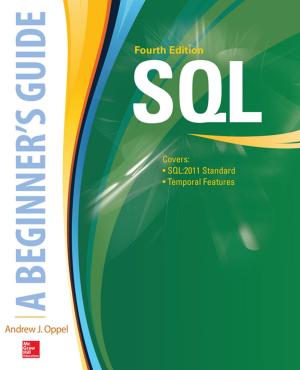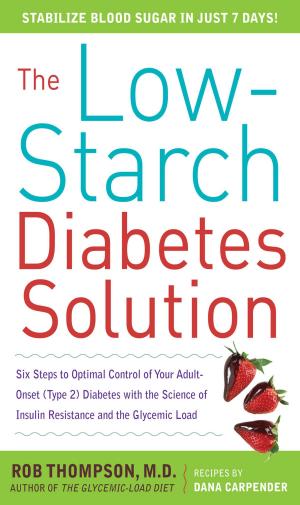Medical Physiology: A Systems Approach
Nonfiction, Health & Well Being, Medical, Specialties, Emergency Medicine| Author: | Hershel Raff, Michael G. Levitzky | ISBN: | 9780071766630 |
| Publisher: | McGraw-Hill Education | Publication: | March 22, 2011 |
| Imprint: | McGraw-Hill Education / Medical | Language: | English |
| Author: | Hershel Raff, Michael G. Levitzky |
| ISBN: | 9780071766630 |
| Publisher: | McGraw-Hill Education |
| Publication: | March 22, 2011 |
| Imprint: | McGraw-Hill Education / Medical |
| Language: | English |
A concise, clinically oriented overview of physiology
Medical Physiology: A Systems Approach offers a succinct yet thorough overview of physiology along with an introduction to basic science principles and their relevance to the clinical expression of disease.
The book reflects medical education’s increased emphasis on providing students with more clinically oriented content during their first two years of medical school and the importance of the essential concepts of pathophysiology. Focused and clearly written, Medical Physiology: A Systems Approach details the major physiological processes involved in both health and disease.
Each chapter begins with a list of Objectives, includes Key Concepts, and ends with Study Questions designed to test your knowledge of major concepts covered in that chapter. Most chapters also include Clinical Correlations that reinforce the major physiological principles covered and illustrate their importance to understanding disease states.
A concise, clinically oriented overview of physiology
Medical Physiology: A Systems Approach offers a succinct yet thorough overview of physiology along with an introduction to basic science principles and their relevance to the clinical expression of disease.
The book reflects medical education’s increased emphasis on providing students with more clinically oriented content during their first two years of medical school and the importance of the essential concepts of pathophysiology. Focused and clearly written, Medical Physiology: A Systems Approach details the major physiological processes involved in both health and disease.
Each chapter begins with a list of Objectives, includes Key Concepts, and ends with Study Questions designed to test your knowledge of major concepts covered in that chapter. Most chapters also include Clinical Correlations that reinforce the major physiological principles covered and illustrate their importance to understanding disease states.















